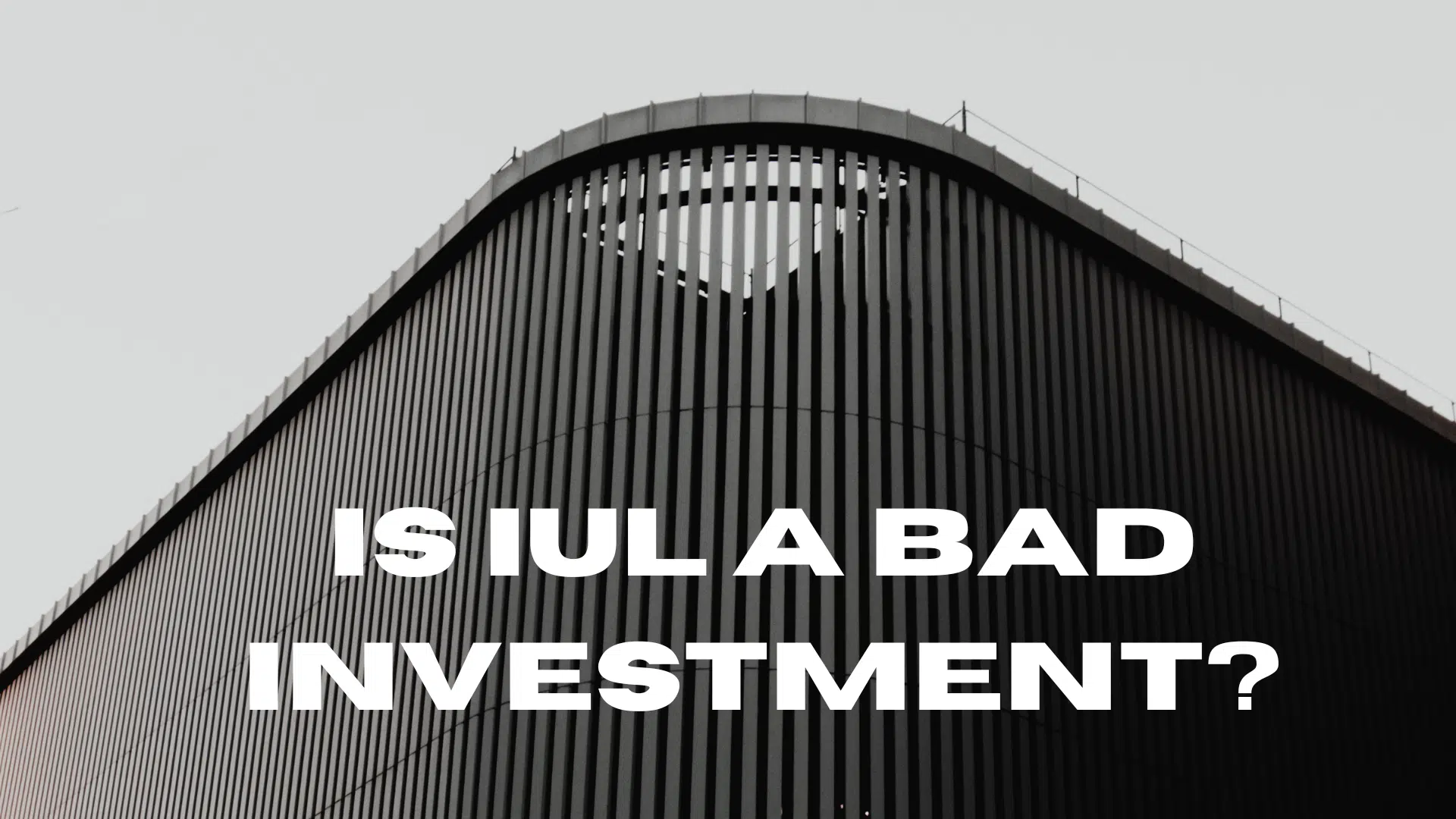
In the ever-evolving landscape of personal finance, individuals are continually searching for investment vehicles that offer both growth potential and security. One such option that has gained popularity in recent years is Indexed Universal Life (IUL) insurance. But is IUL a bad investment choice? Let’s delve into what IUL is, its benefits, downsides, and ultimately determine its suitability as an investment strategy.
Understanding Indexed Universal Life (IUL)
Indexed Universal Life insurance is a unique blend of life insurance and investment opportunity. Unlike traditional whole life insurance, IULs offer flexibility in premium payments and the potential for cash value accumulation based on the performance of a specific stock market index, such as the S&P 500. This structure provides policyholders with the dual benefit of a death benefit and the opportunity to grow their cash value over time.
The Pros of IUL as an Investment
1 Potential for Growth
One of the most attractive features of Indexed Universal Life (IUL) insurance is the opportunity for cash value appreciation. The cash value grows in accordance with the performance of a stock market index, enabling policyholders to take advantage of market increases while avoiding the risks associated with direct stock market investment. IULs typically come with cap and floor rates, meaning they offer protection against market downturns while still allowing for growth during favorable conditions.
2 Tax Advantages
IULs offer significant tax benefits. The cash value grows on a tax-deferred basis, meaning you won’t pay taxes on the growth as long as it remains in the policy. Furthermore, you can access this cash value through tax-free loans, providing a source of funds without tax implications—an attractive feature for those looking for long-term tax efficiency.
3 Flexibility
IULs are designed to adapt to changing financial situations. Policyholders have the option to modify their premium payments and adjust the death benefit as needed. This flexibility makes IULs suitable for individuals in various life stages, whether they need more coverage as their family grows or want to reduce costs as they approach retirement.
4 Combination of Insurance and Investment
One of the strongest selling points of an IUL is that it serves a dual purpose—providing life insurance coverage while also functioning as an investment vehicle. This combination offers peace of mind, knowing that your loved ones will be financially secured while simultaneously contributing to your wealth accumulation.
The Cons of IUL as an Investment
1 Complexity
One significant drawback of IULs is their inherent complexity. Understanding the terms, conditions, and calculations can be daunting for many consumers. Without a solid grasp of how IULs function, policyholders may find themselves misled by performance projections that look good on paper but don’t reflect reality.
2 Costs and Fees
Like any financial product, IULs come with their share of costs. These can include mortality charges, administrative fees, and other policy-related expenses that can erode the cash value. It’s crucial to understand these costs and how they impact your overall returns before committing to an IUL.
3 Lower Returns Compared to Other Investments
While IULs offer the potential for growth, they may not yield returns as high as other investment avenues like stocks or mutual funds. The cap rates imposed on gains can limit upside potential, leading to lower overall growth compared to more aggressive investment options.
4 Market Limitations
IULs only link their growth to market indices, which means their performance is ultimately affected by market conditions. A poorly performing index can stagnate cash value growth, leaving policyholders frustrated—particularly if they were banking on higher returns.
Is IUL Right for You?
Determining whether IUL is a fitting investment strategy hinges upon individual goals and circumstances. IUL can be an excellent choice for those looking for a balance of life insurance protection and cash value growth, especially for high-income earners seeking tax advantages. Conversely, it might not be suitable for aggressive investors who aim for higher returns through more traditional investment paths.
Conclusion
In conclusion, Indexed Universal Life insurance presents a compelling mix of benefits and drawbacks. While it offers growth potential, tax advantages, flexibility, and a unique combination of insurance and investment, its complexity, costs, and limitations should not be overlooked. As with any financial product, it’s vital to weigh the pros and cons carefully and consult with a financial professional to ensure that IUL aligns with your long-term financial goals.




